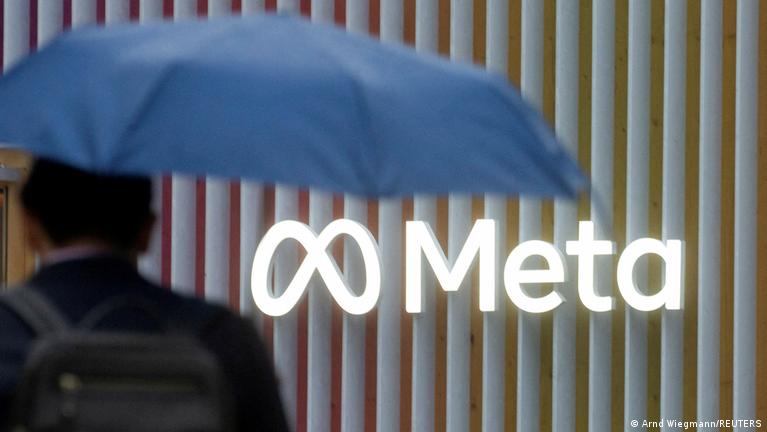SCIENCE & TECHNOLOGY

The European Union has escalated its scrutiny of Facebook owner Meta, accusing the tech giant of violating the bloc's Digital Markets Act (DMA) with its recent introduction of a paid ad-free option on Facebook and Instagram. According to EU regulators, this model forces users into a binary choice: either pay to avoid data collection or consent to extensive data harvesting to use the platforms for free.
Since November, Meta has offered European users the option to subscribe to ad-free versions of its social networks as part of its compliance efforts with the DMA. However, the European Commission has now issued a preliminary view that Meta's model fails to meet the DMA's requirements.
In a statement, the EU's antitrust regulator criticized Meta's approach, stating, "This binary choice forces users to consent to the combination of their personal data and fails to provide them a less personalized but equivalent version of Meta's social networks."
Earlier in April, European data regulators had already raised concerns that Meta's "pay or consent" model may not align with the General Data Protection Regulation (GDPR), which safeguards users' privacy rights.
Meta, on the other hand, maintains that its model is compliant with the DMA and expressed readiness for constructive dialogue with the European Commission to resolve the investigation.
The DMA aims to prevent dominant tech companies from monopolizing digital markets and aims to foster a fairer digital ecosystem by ensuring users have more control and choices over their data.
European Commissioner Thierry Breton emphasized the DMA's role in empowering users and promoting competition in digital markets. "The DMA is designed to give users the power to decide how their data is used and to ensure that smaller, innovative companies can compete on an equal footing with tech giants," Breton stated.
This accusation against Meta comes after the European Commission initiated a probe into the company's practices under the DMA back in March. If found in breach, Meta could face fines up to 10% of its global turnover, with potential increases for repeat offenses. Meta reported approximately €125 billion ($135 billion) in total revenue last year.
The European Commission is expected to reach a decision on Meta's compliance with the DMA by late March 2025.




